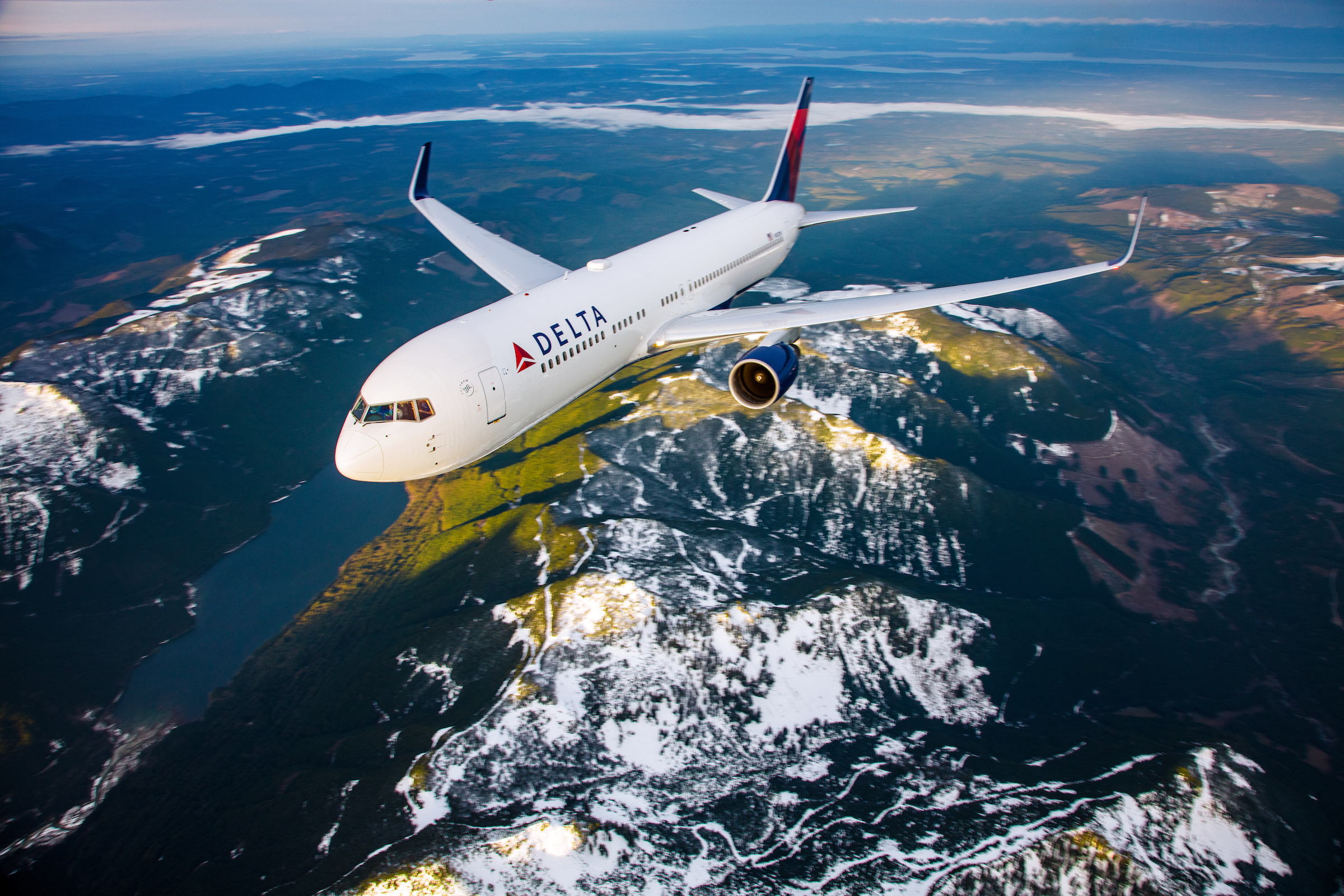As Climate Week ends and we look ahead to the UN Climate Change Conference (COP26) in November, I’m humbled by the collective efforts of so many to combat climate change, our greatest shared challenge. Despite the progress being made, there is a lot of work to be done, and Delta is committed to doing our part. What a month September has been.
Last year, we became the first carbon neutral airline on a global basis. We’re committed to carbon neutrality from March 2020 onward, balancing our emissions with investments to remove carbon across our global operations.
Our commitment to carbon neutrality is rooted in the idea that our customers shouldn’t have to choose between seeing the world and saving the world. We know the value that travel brings to our lives, and we are dedicated to taking the urgent actions necessary to build a more sustainable future for flight.
Over the last month, we’ve taken another big step forward in our sustainability journey by announcing new, more ambitious targets, accelerating current commitments and building new partnerships to advance toward a future of net-zero aviation.
Below is a recap of the tremendous progress we’ve made, thanks to the dedicated Delta team.
New (and Renewed) Commitments
- Setting a science-based target: We committed to set a science-based target, which serves as our pathway for improving the carbon intensity of our operations. We worked closely with the Science Based Target initiative (SBTi), a global partnership made up of highly respected non-governmental organizations working with businesses to help them align their efforts with the Paris Climate Agreement. We’ll continue to work closely with the SBTi to advance the work already underway and develop a new emissions target across our business to limit the worst effects of climate change.
- Pledging support for SAF at scale: Right now, jet fuel is the only viable option to fly planes at the scale needed. In its current form, fuel is the industry’s biggest hurdle to decarbonization and the chief focus of our emissions reduction efforts at Delta. On Sept. 9, we joined industry players at a virtual White House event where we pledged to help develop the market for commercially available sustainable aviation fuel (SAF) – fuels made from non-fossil sources like cooking or plant oil. We’ve committed to replacing 10% of conventional jet fuel with SAFs by the end of 2030.
New Coalitions + Partnerships
- Race to Zero + Global Citizen: You might have caught us at Global Citizen Live in New York City and Paris, where we joined partners from across the globe to unite toward common goals of defending the planet and defeating poverty. On stage, we announced joining the United Nation’s Race to Zero campaign, the largest ever alliance committed to achieving net zero carbon emissions by 2050. We’re proud to be the first carbon neutral airline on a global basis, and through partnerships like this, we’re on our way to achieving net zero carbon emissions by 2050. In Paris, we shared the stage with our partners from Air France-KLM to announce a new commitment to increase the number of flights using more SAF traveling to Europe and beyond.
- Increasing SAF transparency in partnership with Google and Chevron: We believe that SAF is critical to decarbonizing the aviation industry, which is why we partnered with Chevron and Google to evaluate the environmental benefits and integrity of SAF while increasing transparency for the entire industry. This will be crucial as we focus on investing and scaling this solution across the industry.
- Clean Skies for Tomorrow Coalition: Organized by the World Economic Forum, we are uniting with a global group of airlines, airports, fuel suppliers and other industry stakeholders to accelerate the supply and use of SAF. We’ll serve as a steering committee member to help foster and develop the SAF market and ensure future production meets growing demand.
- The LEAF Coalition: I had the honor of participating in a virtual panel earlier this week hosted by the LEAF Coalition, a global initiative bringing together public and private actors to accelerating efforts to reduce and end tropical deforestation by 2030. Delta’s participation will help mobilize to protect tropical forests and secure high-quality carbon credits to support our commitment to being a carbon neutral airline.
This month was a major step forward, and I’m proud of the tireless work taking place across our company by the dedicated individuals that enable Delta to keep climbing.
Follow our ongoing progress towards net-zero aviation at https://www.delta.com/sustainability.
(*) Amelia DeLuca is Managing Director – Sustainability at Delta Air Lines


